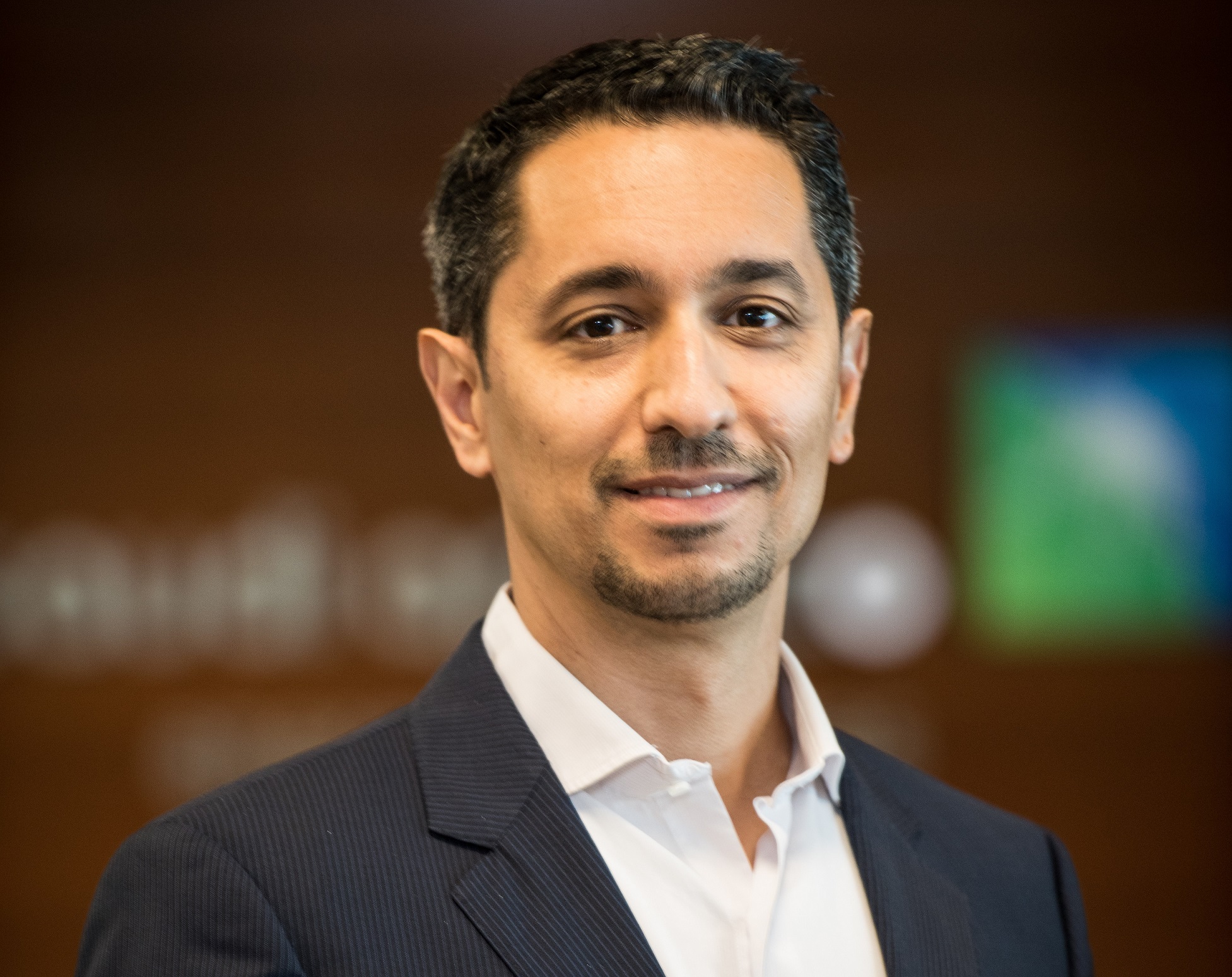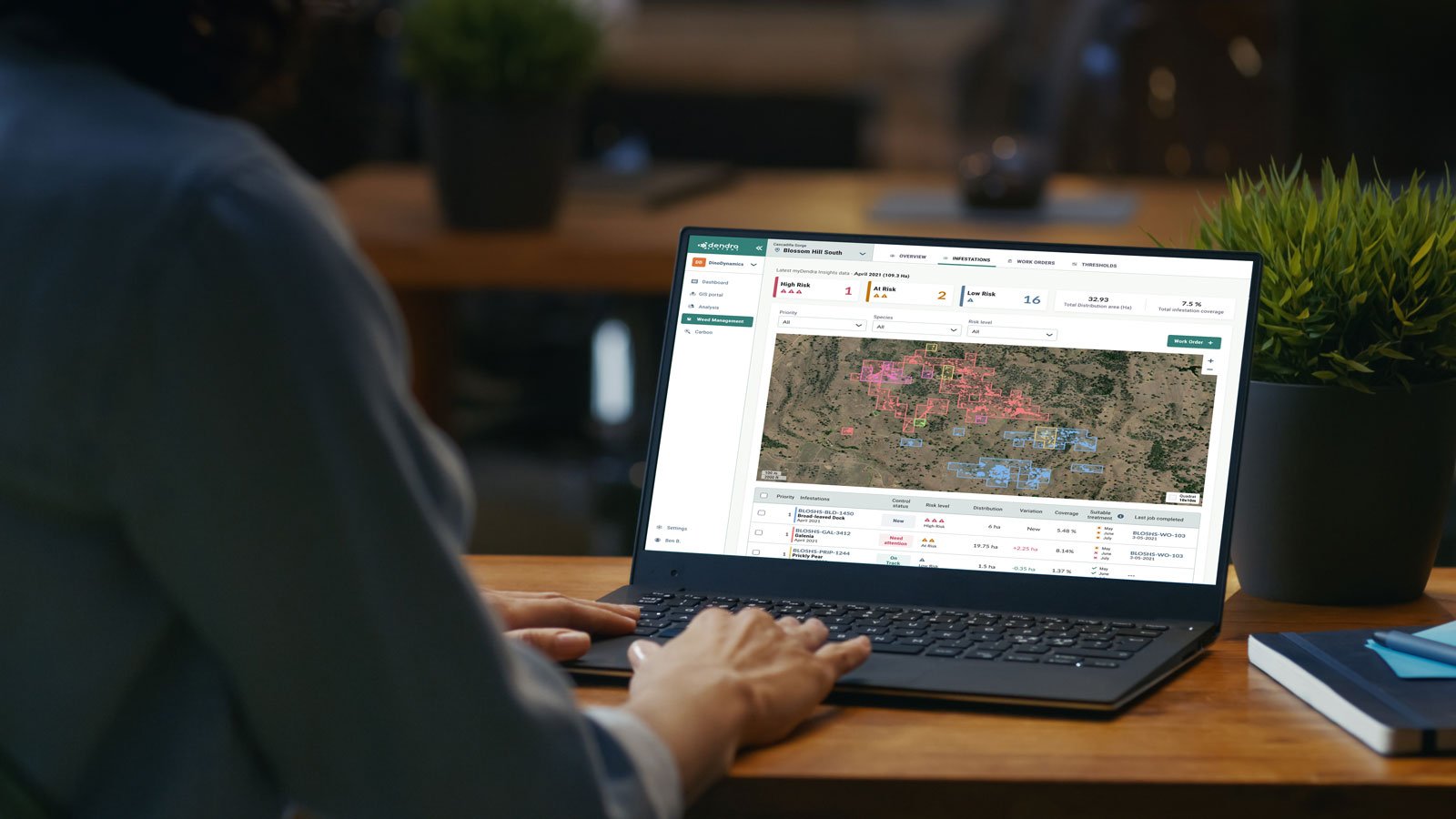Aramco Ventures believes generative AI will be part of helping the Saudi oil major meet its 2050 net zero target.

Image of Mahdi Aladel courtesy of Aramco Ventures.
“We’re looking at AI that can be applied in the sustainability and energy transition domains,” says Mahdi Aladel, chief executive of Aramco Ventures, the $7.5bn corporate venture arm of Saudi Aramco. “A lot of it is hardware, but all hardware today has some software, algorithms and AI components to it.”
Like many of its energy sector peers, Saudi Aramco, the world’s largest oil and gas company, has been increasing its investments in technologies related to the energy transition. The company, which is responsible for nearly 10% of the world’s oil supplies, has committed to cut its operational emissions to net zero by 2050. Accordingly, Aramco Ventures focus has been shifting — while early investments were mainly in core oil and gas tech, in recent years has focused on investing in IR4.0 (the fourth industrial revolution), digital, sustainability and AI technologies.
AI will increasingly be part of this mix. In the renewable energy sector, AI is used in areas like smart grids, renewable energy forecasting, predictive maintenance and carbon capture, among others.
The unit now has 105 active portfolio companies including AI startups like Dendra Systems, which provides an AI-equipped data platform to restore biodiversity and measure carbon footprint.

Navigating the AI hype bubble
While Aramco Ventures has a much larger fund than most, Aladel is cautious about navigating through the hype around generative AI , which has caused the sizes of funding rounds to become inflated. Some generative AI companies have billion-dollar valuations from an early stage and would require a larger ticket size from the get-go. Aladel says he is keen to cut through the noise and focus just on those that are a good fit for Aramco.
“AI capabilities are a major disruption force that can enhance the energy industry,” Aladel says. “Part of the challenge is deciphering what’s differentiated from the rest because everyone is now slapping the words AI and generative AI on their solutions, products or startups.”
One important factor when investing in AI companies is how they can bring strategic impact to Aramco’s different businesses. “That impact could help us do things quicker, safer, cheaper or better,” Aladel says. “We should be able to convert that strategic value into dollar figures. We then get that vetted externally through a consulting group to validate the value captured.”
Aramco’s VC initiatives include the $500m Wa’ed Ventures fund that targets Saudi startups; the $500m Digital/Industrial Fund, investing in areas strategic to the firm; the $1bn Prosperity7 Fund I and the $2bn Prosperity7 Fund II that focus on technologies beyond the energy sector with an emphasis on financial returns; the Sustainability Fund, which manages $1.5bn and makes impact investments; and the $2bn Late-Stage Fund, which allows Aramco Venture to be a longer-term investor in its early-stage investments.









